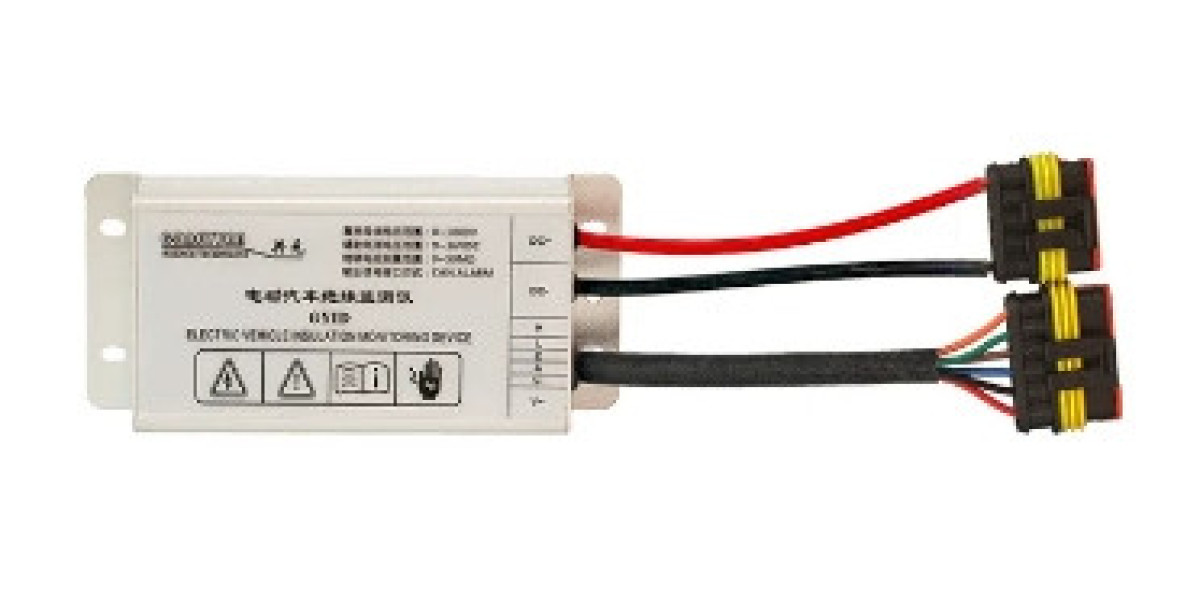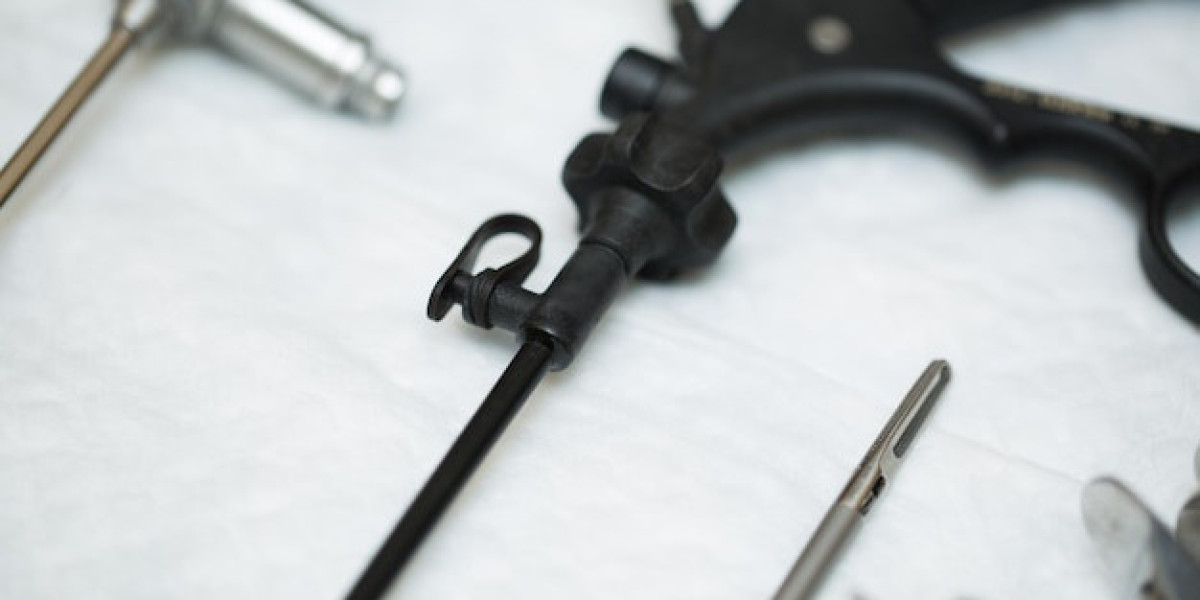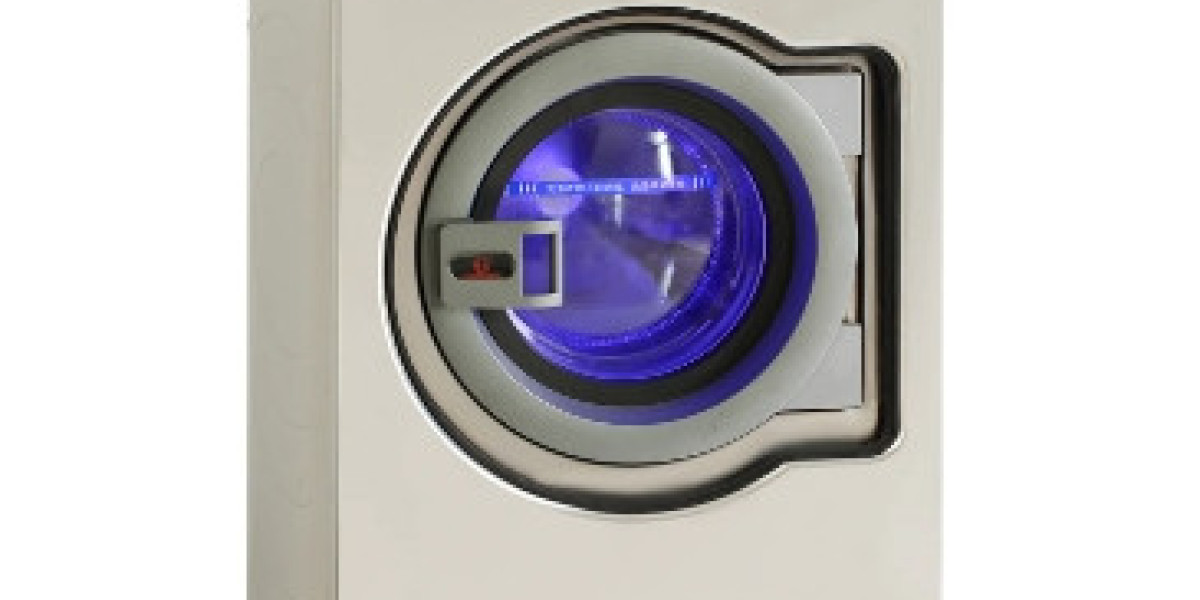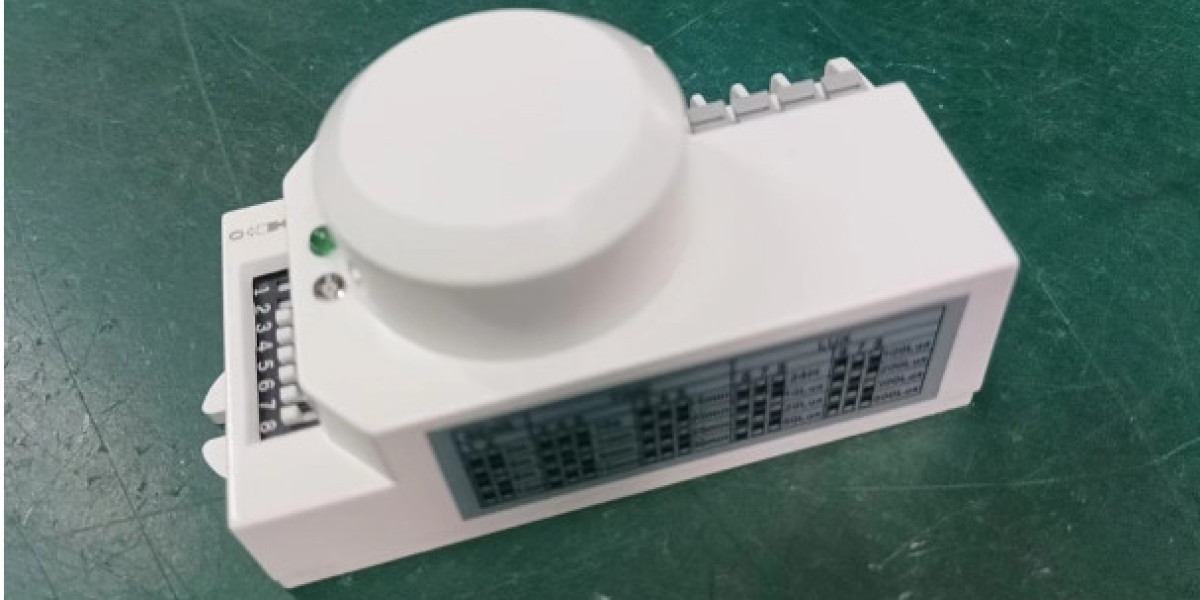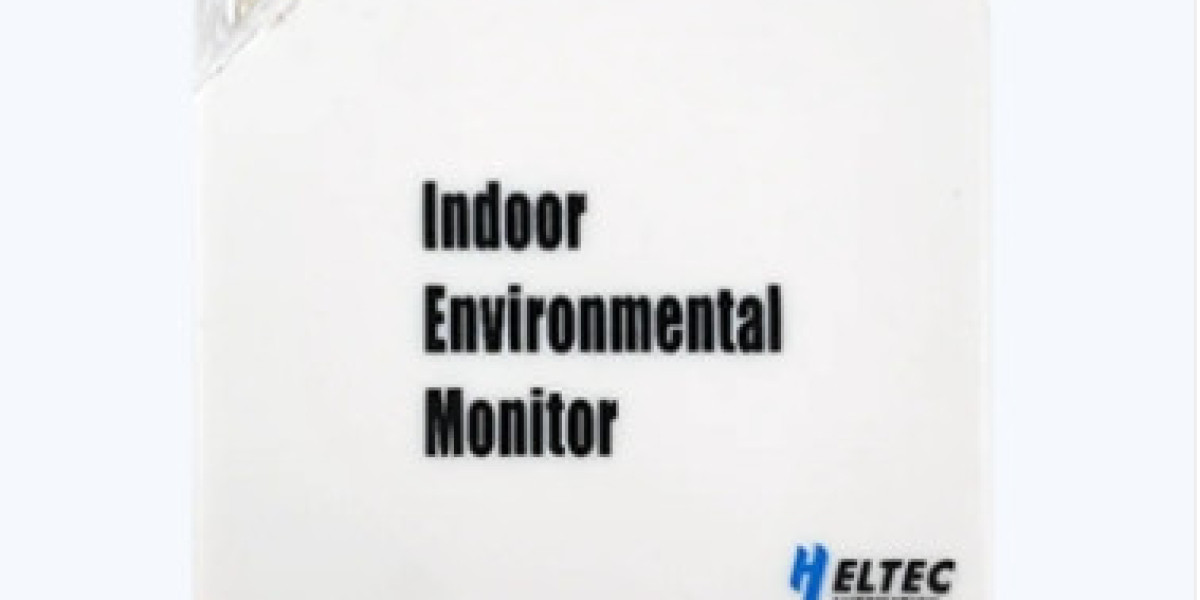Electric vehicle insulation monitors play a crucial role in ensuring the safety and efficiency of electric vehicles. By continuously monitoring insulation resistance, these devices help prevent electrical faults and ensure optimal performance. With the rising demand for electric vehicles, the need for reliable insulation monitoring systems has become more pronounced. These monitors provide real-time data on insulation conditions, allowing for timely maintenance and preventing potential hazards. Stay tuned to explore the significance of electric vehicle insulation monitors in enhancing safety and performance in the rapidly evolving landscape of electric transportation.
Making Electric Vehicles Safer
Insulation Monitoring
Insulation monitoring systems play a crucial role in enhancing safety within electric vehicles. These systems continuously monitor the insulation resistance between conductive parts and the vehicle's chassis. By detecting any insulation faults promptly, they prevent electrical leakages that could lead to hazardous situations.
Implementing insulation monitoring ensures the protection of both passengers and critical components in electric vehicles. In the event of insulation breakdown or moisture ingress, these systems trigger alarms, allowing for immediate maintenance to prevent accidents. This proactive approach significantly reduces the risk of electric shocks and potential fire hazards.
Safety Measures Design
Addressing the importance of safety measures in the design of electric vehicle architectures is paramount. Engineers integrate multiple layers of protection to safeguard against electrical malfunctions and ensure passenger well-being. From robust insulation materials to advanced monitoring technologies, every aspect is meticulously crafted for optimal safety.
Pros:
Enhances overall safety
Proactively detects insulation faults
With a focus on safety, manufacturers are constantly innovating to enhance the protective features of electric vehicles. By prioritizing insulation monitoring and other safety measures, they aim to create a secure environment for both drivers and passengers alike.
Insulation Monitoring in Hybrid Vehicles
Integration
Insulation monitoring plays a crucial role in hybrid vehicles, ensuring the safety and efficiency of their electrical systems. By integrating insulation monitoring devices, hybrid vehicles can detect any faults or leakages in the electrical insulation, preventing potential hazards. This technology continuously monitors the insulation resistance between the vehicle's high-voltage components and the chassis, providing real-time data on the system's integrity.
Challenges
Hybrid vehicles pose unique challenges for insulation monitoring due to their complex electrical architectures. The coexistence of both internal combustion engines and electric motors increases the complexity of the vehicle's electrical systems, requiring sophisticated insulation monitoring solutions. Ensuring seamless integration of these devices into hybrid vehicles demands meticulous planning and precise calibration to guarantee optimal performance.
Benefits
The implementation of insulation monitoring in hybrid vehicles offers several key benefits that enhance overall safety and reliability. Firstly, it enables early detection of insulation faults, preventing potential electrical failures that could lead to accidents or vehicle malfunctions. Secondly, by continuously monitoring insulation resistance, hybrid vehicles can maintain optimal performance levels and extend the lifespan of critical electrical components. Lastly, this technology enhances driver and passenger safety by minimizing the risk of electric shocks or short circuits within the vehicle's electrical system.
Advantages of Insulation Monitoring
Enhanced Electrical Safety
Insulation monitoring in electric vehicles significantly enhances electrical safety by continuously monitoring insulation resistance. This proactive approach helps detect any insulation breakdown or faults promptly.
Insulation monitoring devices play a crucial role in preventing electrical faults by providing real-time data on the condition of the vehicle's insulation. By identifying potential issues early, these devices help avoid short circuits and other electrical failures.
Increased Reliability
One of the key advantages of using insulation monitoring in electric vehicles is the increased reliability it offers. By ensuring that the insulation system is intact and functioning correctly, these devices reduce the risk of unexpected breakdowns or malfunctions.
Insulation monitoring contributes to overall vehicle safety by proactively identifying insulation degradation before it leads to more significant problems. This preventive approach enhances the safety of both the vehicle occupants and surrounding individuals.
Cost Savings
Implementing insulation monitoring systems in electric vehicles can lead to cost savings in the long run. By detecting insulation issues early, owners can address them before they escalate into costly repairs or replacements.
Proactive fault detection
Improved safety measures
Insulation Fault Detection Techniques
Techniques Overview
Insulation fault detection in electric vehicles primarily relies on insulation resistance measurements. These techniques involve monitoring the insulation resistance between the vehicle's high-voltage components and the chassis to identify any potential faults. One common method is the DC voltage test, where a direct current is applied to the insulation system, measuring the resulting leakage current.
Another technique is polarization index testing, which assesses the insulation condition by comparing insulation resistance values at different time intervals. This method helps detect gradual deterioration of insulation over time, providing early warnings for potential faults.
Importance of Early Detection
Early detection of insulation faults in electric vehicles is crucial for preventing catastrophic incidents. By identifying issues promptly, manufacturers and maintenance personnel can take corrective actions before faults escalate, ensuring vehicle safety and reliability. Detecting faults at an early stage also minimizes downtime and repair costs, contributing to overall operational efficiency.
Significance of Accurate Fault Detection
Accurate fault detection methods play a vital role in ensuring the safety of electric vehicles. High-voltage insulation failures can lead to severe consequences such as electrical shocks, fires, or even explosions. Utilizing precise fault detection techniques enhances operational safety by proactively addressing potential risks associated with insulation breakdowns.
Pros:
Enhances vehicle safety
Reduces maintenance costs
Prevents serious accidents
Enhancing Vehicle Safety Through Monitoring
Proactive Approach
Insulation monitoring plays a crucial role in enhancing vehicle safety by continuously monitoring the insulation resistance. This proactive approach allows for the early detection of potential electrical faults, minimizing the risks of accidents.
Insulation monitoring systems are designed to detect any insulation breakdown or degradation, preventing hazardous situations that could arise from undetected faults. By constantly monitoring the insulation resistance, these systems provide real-time data on the integrity of the vehicle's electrical insulation.
Risk Reduction
One of the key benefits of insulation monitoring is its significant impact on reducing the risks associated with electrical failures. By promptly identifying any insulation faults, these systems help prevent short circuits, electric shocks, and even fires. This proactive measure ensures that potential issues are addressed before they escalate into dangerous situations.
Proactive identification of insulation faults helps in preventing costly repairs and downtime caused by unexpected electrical failures.
Continuous monitoring allows for prompt action to be taken in case of any deviations in the insulation resistance levels.
Safety Assurance
Insulation monitoring offers a layer of safety assurance by actively monitoring the condition of the vehicle's electrical insulation. This continuous surveillance ensures that any anomalies or weaknesses in the insulation system are promptly identified and addressed, thus maintaining optimal safety standards for both passengers and operators.
The real-time data provided by insulation monitoring systems enables quick responses to any potential safety threats.
By ensuring that the insulation system is functioning correctly, these monitors contribute significantly to overall vehicle safety.
Understanding Insulation Monitoring Devices
Functionality
Insulation monitoring devices like the Electric vehicle insulation monitor GYID series play a crucial role in ensuring the safety of electric vehicles. These devices continuously measure the insulation resistance between the vehicle's electrical circuits and the ground. By detecting any insulation faults promptly, they prevent electric shocks and potential fires.
Insulation monitoring devices work by applying a test voltage between the electrical circuit and ground, measuring the resulting current flow. If this current exceeds a predefined threshold, indicating an insulation fault, the device triggers an alarm or disconnects the power supply to prevent hazards.
Features and Capabilities
The Electric vehicle insulation monitor GYID series offers advanced features such as precise measurement of insulation resistance up to 99.9 GΩ, adjustable response times for alarms, and compatibility with various types of electric vehicles. These devices can be integrated into the vehicle's monitoring system for real-time alerts and remote diagnostics.
Other notable capabilities include self-testing functions to ensure device reliability, temperature compensation mechanisms for accurate measurements in varying conditions, and compact designs suitable for installation in confined spaces within electric vehicles.
Importance of Selection
Selecting the right insulation monitoring device is paramount for electric vehicle safety. Choosing a device that meets industry standards and regulations ensures optimal performance and compliance with safety requirements. The correct device should offer comprehensive insulation monitoring capabilities tailored to electric vehicle applications, considering factors like voltage levels, fault detection sensitivity, and response times.
Moreover, compatibility with different vehicle architectures and communication protocols is essential for seamless integration into existing systems. By selecting a reliable insulation monitoring device like the Electric vehicle insulation monitor GYID series, manufacturers can enhance overall safety standards and mitigate risks associated with electrical faults in electric vehicles.
Insulation Monitoring for Various Vehicle Types
Passenger Vehicles
Insulation monitoring in passenger vehicles is crucial to ensure the safety of occupants. By detecting insulation faults, these systems prevent electrical hazards. The technology continuously monitors insulation resistance, alerting users to potential risks promptly.
Commercial Vehicles
Commercial vehicles benefit significantly from insulation monitoring systems. These devices safeguard against electrical failures that could lead to accidents or downtime. Fleet managers rely on these tools to maintain operational efficiency.
Electric Buses
Electric buses integrate insulation monitoring to enhance passenger safety and vehicle reliability. These systems help prevent electrical malfunctions that could disrupt daily operations. Bus operators prioritize the seamless functioning of these monitoring solutions.
Emergency Vehicles
Insulation monitoring plays a critical role in ensuring the uninterrupted operation of emergency vehicles. By proactively identifying insulation issues, these systems minimize the risk of sudden breakdowns during critical missions. Emergency service providers value the reliability offered by these technologies.
Construction Vehicles
In construction vehicles, insulation monitoring is essential for maintaining productivity on job sites. These systems prevent electrical failures that could halt construction activities. Construction companies leverage this technology to streamline their operations effectively.
Agricultural Machinery
Insulation monitoring in agricultural machinery safeguards against power disruptions during farming activities. By detecting faults early, these systems prevent costly downtime and equipment damage. Farmers rely on these solutions for uninterrupted field operations.
The Role of Insulation Monitoring in Racing Vehicles
Unique Challenges
Insulation monitoring in high-performance racing vehicles faces unique challenges, such as extreme temperatures and vibrations. These factors can impact the integrity of the insulation system, requiring robust monitoring mechanisms.
Racing vehicles operate under intense conditions, pushing the limits of speed and performance. The insulation system must withstand these demanding environments, making continuous monitoring essential.
Safety and Performance
Insulation monitoring plays a vital role in ensuring the safety and performance of racing vehicles. By detecting insulation faults promptly, it prevents potential electrical failures that could lead to accidents on the track.
The real-time monitoring provided by insulation systems allows race teams to address issues proactively, enhancing vehicle reliability during races. This proactive approach minimizes downtime and maximizes performance on the track.
Reliability Maintenance
Maintaining reliability during races is crucial for racing vehicles. Insulation monitoring systems help track the condition of critical components, ensuring they function optimally throughout intense racing events.
Commercial Vehicles and Insulation Monitoring
Safety Measures
Insulation monitoring plays a crucial role in ensuring the safety of commercial vehicles by detecting faults in the electrical insulation. It helps prevent accidents caused by insulation breakdowns, reducing the risk of electric shocks and fire hazards.
Implementing insulation monitoring systems is essential for commercial vehicles to meet safety standards and regulations. These systems continuously monitor the insulation resistance, providing real-time alerts in case of any insulation faults or degradation.
Specific Requirements
Commercial vehicle applications have specific requirements for insulation monitoring, considering the diverse operating conditions they encounter. Factors such as vibration, temperature variations, and high electrical loads pose challenges for maintaining effective insulation integrity.
The insulation monitoring devices used in commercial vehicles must be robust and reliable to withstand harsh environments. They should be able to operate efficiently under varying temperatures and vibrations while accurately detecting insulation faults.
Benefits of Implementation
Improved Safety: Implementing insulation monitoring systems enhances the overall safety of commercial vehicle fleets by proactively identifying and addressing potential electrical risks.
Preventive Maintenance: These systems enable preventive maintenance by promptly detecting insulation issues, reducing downtime and costly repairs.
Compliance: By incorporating insulation monitoring solutions, commercial vehicle operators can ensure compliance with safety regulations and standards.
Summary
The comprehensive exploration of insulation monitoring in electric vehicles sheds light on the crucial role this technology plays in enhancing safety. From hybrid vehicles to commercial and racing cars, the advantages of insulation monitoring are evident in detecting faults and preventing potential hazards. Understanding the various techniques and devices available underscores the significance of prioritizing insulation integrity for vehicle safety across different applications.
Moving forward, it is imperative for manufacturers, researchers, and regulators to continue investing in and promoting the integration of insulation monitoring systems in all types of vehicles. By prioritizing safety through proactive measures like insulation monitoring, the automotive industry can further advance towards a future where electric vehicles not only offer sustainability benefits but also ensure utmost safety for drivers, passengers, and pedestrians alike.
Frequently Asked Questions
How does insulation monitoring contribute to enhancing electric vehicle safety?
Insulation monitoring helps detect faults in the electrical insulation of vehicles, preventing potential risks like short circuits and electric shocks. By continuously monitoring insulation resistance, it ensures early detection of issues for prompt maintenance, thus enhancing overall safety.
What are the advantages of using insulation monitoring in hybrid vehicles?
Insulation monitoring in hybrid vehicles aids in identifying insulation faults promptly, reducing the risk of electrical malfunctions. This proactive approach enhances vehicle safety, minimizes downtime due to unexpected breakdowns, and contributes to prolonging the lifespan of critical components.
What types of vehicles benefit from insulation monitoring systems?
Insulation monitoring systems are beneficial for a wide range of vehicles, including electric cars, hybrid vehicles, commercial trucks, racing cars, and more. These systems play a crucial role in maintaining electrical safety across various vehicle types by detecting insulation faults early on.
How do insulation fault detection techniques work in the context of vehicle safety?
Insulation fault detection techniques involve continuously measuring the insulation resistance between conductors and ground. Any deviation from the set threshold triggers an alarm or shuts down the system to prevent hazardous situations. This proactive approach ensures early fault detection and enhances overall vehicle safety.
Why is understanding insulation monitoring devices essential for vehicle owners and operators?
Understanding insulation monitoring devices empowers vehicle owners and operators to grasp how these systems contribute to electrical safety. It enables them to interpret alerts or warnings correctly, take necessary preventive actions, and ensure that their vehicles operate with optimal safety standards in place.
